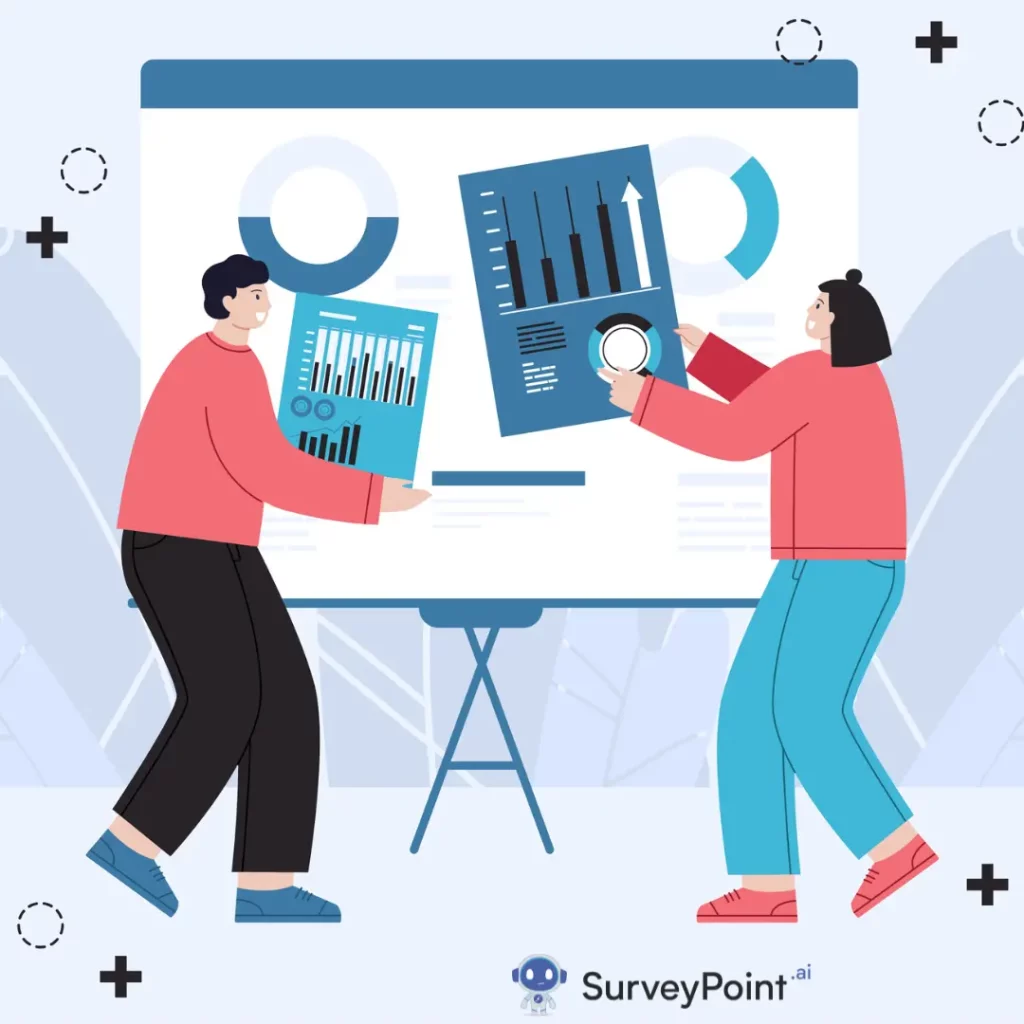
The pursuit of knowledge via research is an arduous road. Confounding variables are a complex puzzle that researchers frequently run into.
We will go deep into the meaning of confounding variables in this comprehensive examination, covering everything from their correct definition to their significance, types, and real-world applications. We will cover every ground in this vital area of the research landscape, including the advantages of addressing confounding variables.
What are the confounding variable?
Defining the Enigma
Confounding variables are the undercover agents in research—extraneous factors that sneak in and distort the relationships between the independent and dependent variables. They are the subtle influencers that can mislead researchers and cast doubt on the validity of study findings.
Significance in Research
- Understanding the significance of confounding variables is paramount. They can undermine the internal validity of a study, leading to inaccurate conclusions.
- Recognising and addressing these variables is crucial for producing reliable and trustworthy research outcomes.
Types of Confounding Variable
1. Temporal Confounding
Temporal relationships can be tricky. Explore instances where the timing of variables confounds the interpretation of cause and effect.
2. Selection biases
Examine cases where the process of selecting participants introduces biases that confound the study results.
3. Third-Variable Problem
Uncover the challenges posed by a third variable influencing both the independent and dependent variables, creating a misleading association.
4. Observer Bias
Investigate situations where the researcher’s expectations or beliefs inadvertently affect the study outcomes.
Why are confounding variable important?
- Maintaining Internal Validity
Investigate how confounding variables jeopardise a study’s internal validity and why researchers must prioritise their identification and control.
- Avoiding Fake Relationships
Consider the concept of spurious relationships, which are those that appear genuine but are complicated by unknown factors that lead to incorrect inferences.
Examples of Confounding Variable in the Real World
1. Medical Research
In the realm of medicine, discover instances where confounding variables, such as lifestyle choices or genetic predispositions, complicate the understanding of treatment effectiveness.
2. Educational Studies
Journey into educational research, where socioeconomic status may confound the impact of teaching methods on student performance.
3. Environmental Investigations
Unearth examples from environmental studies where factors like genetics and lifestyle habits can confound the observed relationship between environmental exposures and health outcomes.
Identifying and Controlling Confounding Variable
- Strategies for Identification
Equip yourself with strategies for identifying confounding variables, emphasising the importance of literature reviews, pilot studies, and expert consultations.
- Statistical Techniques
Introduce statistical methods like stratification and multivariate analysis, powerful tools for identifying and controlling confounding variables in research.
- Experimental Design
Examine the role of experimental design in minimising the impact of confounding variables, discussing the use of randomization and matching techniques.
Benefits of Addressing Confounding Variable
- Enhancing Validity
Appreciate how meticulous consideration and control of confounding variables significantly enhance the internal validity of research studies.
- Building Robust Findings
Discuss how addressing confounding variables leads to more robust and reliable findings, fostering greater confidence in the scientific community.
- Real-world Applications
Explore how the lessons learned from managing confounding variables can be applied to improve decision-making in various fields, from healthcare to public policy.
Navigating Confounding Variable: Strategies to Minimise their Impact
Confounding variables pose a persistent challenge in research, potentially skewing study outcomes. To ensure the reliability of your findings, consider these strategies to effectively reduce the impact of confounding variables:
- Randomization:
Incorporate randomization into your experimental design to distribute potential confounding variables equally among groups, reducing the risk of systematic bias.
- Matching Techniques:
Employ matching techniques to ensure that the groups being compared are similar in terms of potential confounding variables, enhancing the internal validity of your study.
- Stratification:
Use stratification to analyse and present data based on different levels of a potential confounding variable, providing a more nuanced understanding of the relationships within subgroups.
- Multivariate Analysis:
Apply advanced statistical techniques like multivariate analysis to control for multiple variables simultaneously, uncovering the specific impact of your independent variable.
- Analysis of Covariance (ANCOVA):
Utilise ANCOVA to statistically adjust for the effects of potential confounding variables, allowing for a more accurate assessment of the relationship between the independent and dependent variables.
- Transparent Reporting:
Clearly document all potential confounding variables, their measurement methods, and the steps taken to control for them in your research reports, promoting transparency and replicability.
- Sensitivity Analysis:
Conduct sensitivity analyses to assess how robust your findings are to changes in the assumptions made about confounding variables, providing a measure of the study’s reliability.
Conclusion
As we wrap up this comprehensive exploration, it becomes clear that understanding, identifying, and controlling for confounding variables are essential steps in ensuring the validity and reliability of research outcomes. Whether through meticulous study design, statistical techniques, or transparency in reporting, researchers hold the keys to navigating the complexities of confounding variables.
By integrating these strategies into the research process, we can fortify the foundations of knowledge and contribute to a more accurate and dependable scientific landscape.

